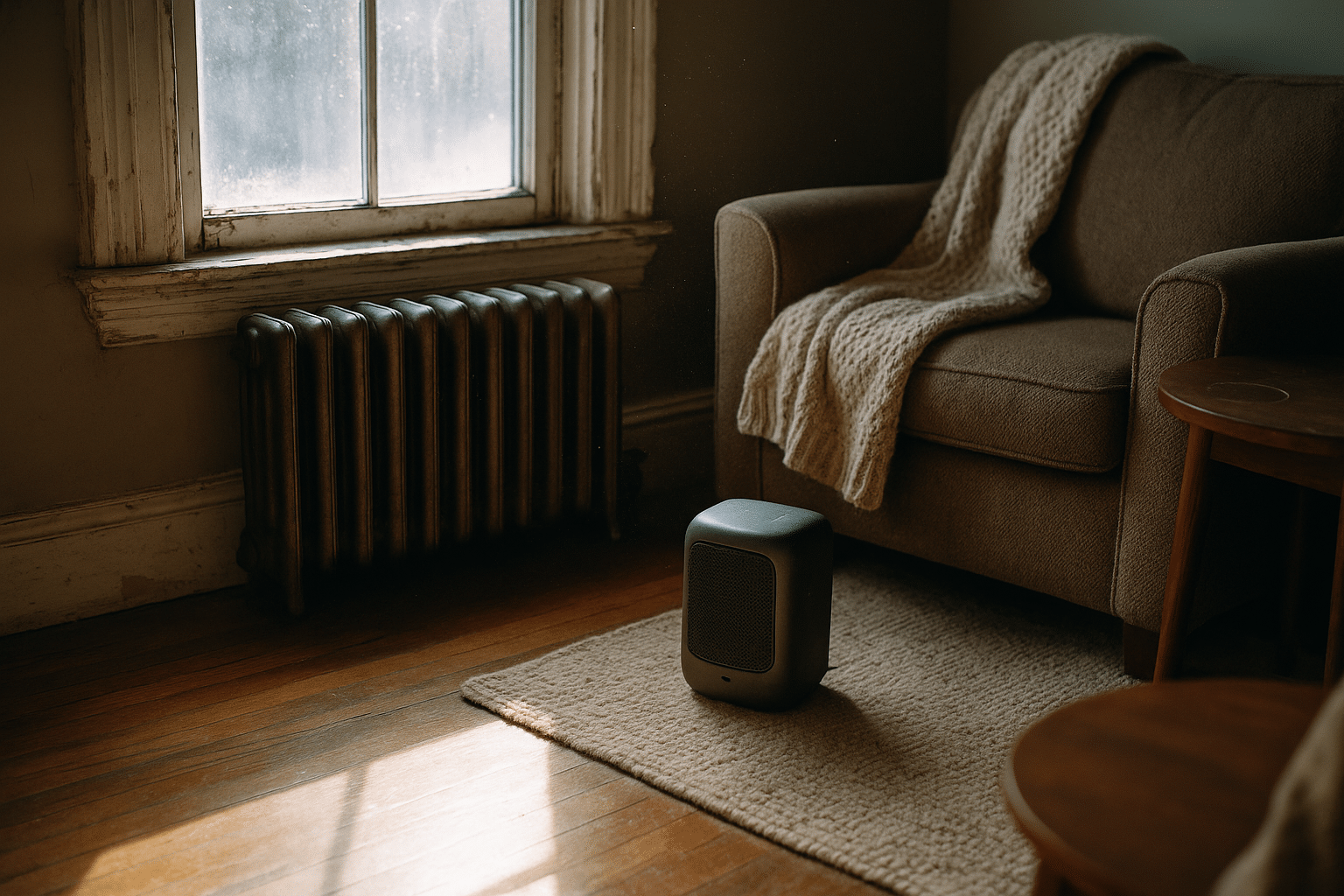
Energy Management with Smart Home Technology: Save Money and Power
Imagine transforming your home into a hub of efficiency, where energy savings are seamlessly integrated into your daily routine. With the rise of smart home technology, managing your energy consumption has become more accessible than ever. This post explores how you can harness these innovations to save both money and power.
Smart home technology offers a dynamic way to manage energy usage, providing tools and insights that were once unimaginable. According to a report by the International Energy Agency, smart home systems can reduce energy consumption by up to 10% annually. This statistic underscores the potential savings and environmental benefits of adopting such technology.
Understanding Smart Energy Management
At its core, smart energy management uses interconnected devices to monitor and optimize energy usage. These devices range from smart thermostats to energy-efficient appliances, all working in harmony to reduce waste.
“The future of home energy is smart and efficient,” says Dr. Michael Green, a leading researcher in sustainable technology. “With smart devices, homeowners can achieve significant energy savings while reducing their carbon footprint.”
Practical Examples and Benefits
Take, for instance, the case of Lisa, a homeowner who installed a smart thermostat. By programming her thermostat to adjust the temperature based on her schedule, Lisa cut her heating and cooling costs by 15%. Such real-world examples highlight the tangible benefits of smart technology.
Actionable Tips for Energy Efficiency
- Install smart thermostats to automate heating and cooling.
- Use smart plugs to control devices remotely and reduce standby power.
- Incorporate energy monitoring systems to track usage and identify savings opportunities.
- Schedule appliances like dishwashers and washing machines to run during off-peak hours.
Comparing Smart Devices
| Device | Function | Benefits | Cost |
|---|---|---|---|
| Smart Thermostat | Regulates temperature | Reduces energy waste | Moderate |
| Smart Plugs | Controls device power | Eliminates standby power | Low |
| Energy Monitor | Tracks consumption | Identifies excessive use | Low |
| Smart Lighting | Automates lighting | Saves electricity | Low to Moderate |
| Smart Appliances | Efficient operation | Lowers energy bills | High |
| Smart Blinds | Regulates sunlight | Improves insulation | Moderate to High |
| Solar Panels | Generates power | Reduces grid reliance | High |
| Smart Water Heater | Efficient heating | Lowers heating costs | Moderate |
Frequently Asked Questions
How do smart thermostats save energy?
Smart thermostats save energy by learning your schedule and adjusting the temperature accordingly, thus avoiding unnecessary heating or cooling.
Can I install smart home devices myself?
Many smart home devices are designed for easy DIY installation, but professional installation is recommended for more complex systems.
Are smart home devices worth the investment?
Smart home devices can lead to significant energy savings over time, often offsetting the initial investment cost.
Conclusion
Embracing smart home technology for energy management not only enhances your home’s efficiency but also contributes to a more sustainable lifestyle. By integrating these technologies, you can enjoy reduced energy bills and a smaller carbon footprint. Start with small changes and gradually expand your smart home ecosystem to maximize benefits.


